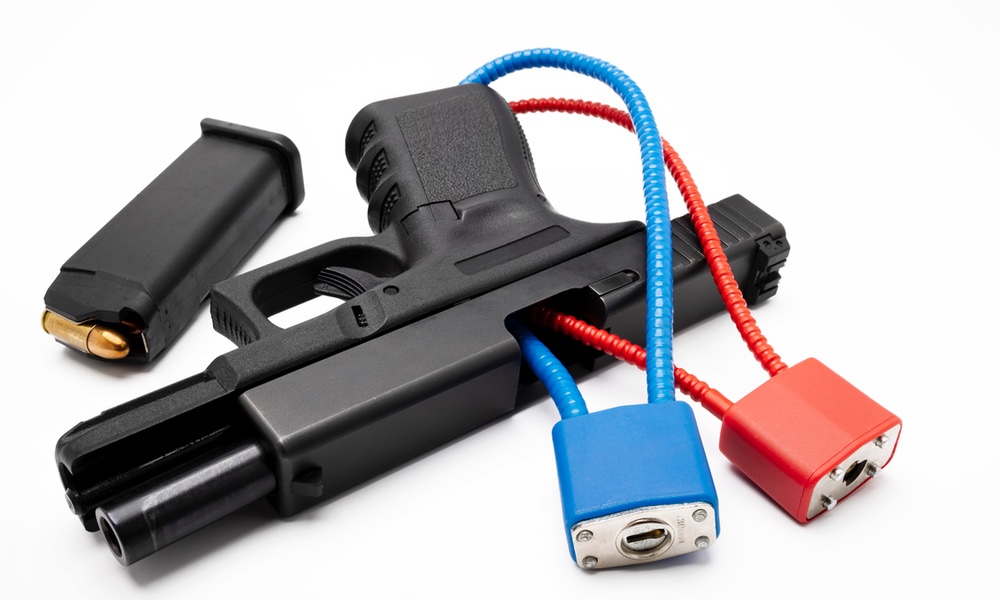Firearm injury is the second leading cause of death due to injury in the United States, after motor vehicle crashes, killing more than 32,000 a year, or approximately 88 per day. The statistics include homicides, suicides, and unintentional fatalities.
Doctors see and treat the effects of fatal and non-fatal firearm injuries. That connection is why the American College of Physicians (ACP), the leading professional organization for doctors of internal medicine, has come out with a policy statement aimed at helping doctors do what they can to reduce gun violence.
The group sees doctors as obligated by their profession to play a stronger role in efforts to curb gun violence in America and gun violence as a public health issue. Doctors often have a trusted role in advising patients about their health care decisions, so they are in a unique position to address their patients’ gun-related behaviors and offer counseling strategies during medical visits, though not all patients may be interested in having that conversation.Doctors are among those likely to know when families with firearms in the home include young children and teens, members with developmental delays, mental illness, dementia, or substance use disorders...
While acknowledging the constitutional right to own firearms, the ACP statement calls for legislation that will address gun violence. They support criminal background checks and firearm safety education requirements for gun sales, including a universal background check system in order to prevent access by those known to be at increased risk for harmful behaviors because of criminal records, mental illness, substance abuse or other red flags for irresponsible behavior.
The ACP policy statement highlights the unique challenges presented by mental illness. It stresses that the risks posed by individuals with mental illness should be addressed much more broadly than just restricting access to firearms. They should have better access to diagnosis and care, appropriate treatment programs, and adequate hospital space when needed.
They recommend that health care professionals and medical students receive training to recognize and respond to patients who might pose a risk to themselves or others.
The best way to help high-risk individuals is to de-stigmatize mental illness, to encourage patients to seek out care, and to provide comprehensive, accessible and ongoing services, according to the statement.
There is currently no federal law or regulatory authority to set minimum safety standards for domestically manufactured firearms. Along with the American Academy of Pediatrics and the American Bar Association, ACP recommends that guns be subject to consumer product regulations regarding access, safety, and design and support a requirement that proven safety features be incorporated in the manufacture and sale of all applicable firearms, such as gun locks, load indicators, and magazine-disconnect safeties.
The American College of Physicians policy statement is published in The Annals of Internal Medicine.




